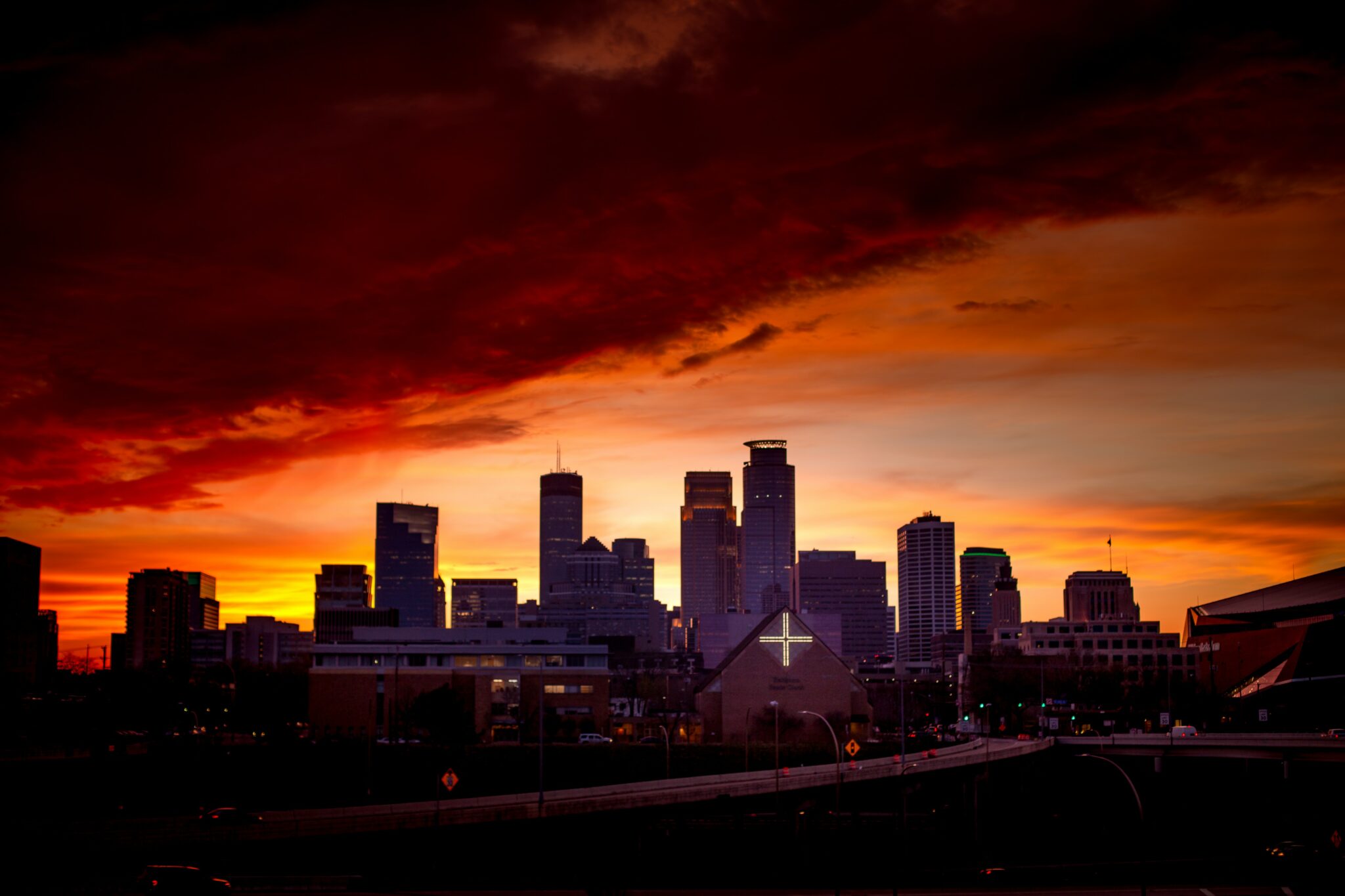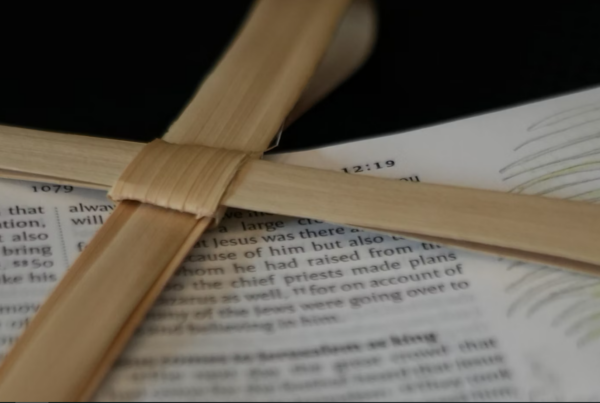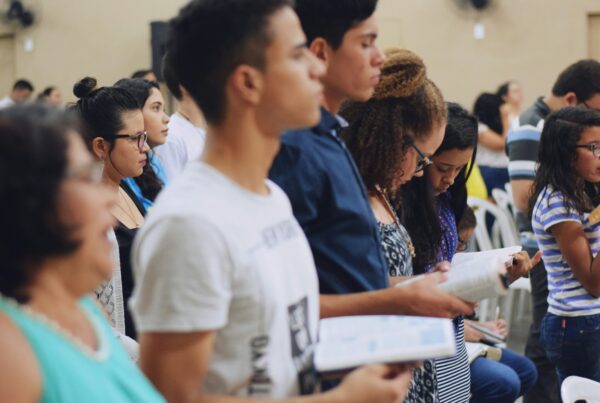I think what has happened with the idea of justice—it’s a buzzword now. Justice is not isolated or separated out of what is the gospel. I think it includes justice, so there’s no separating that out of what I believe God is in the world. In defining justice, I would define in its raw terms: justice is making things right.
This material was originally recorded as part of the Renovations Project. It has been lightly edited and condensed for clarity.
What is justice?
God has been in the business of making things right from the beginning of time. If we think about Exodus and the slavery ending—it’s because God was making things right. We think about Nehemiah building walls; God was making everything right. We think about Esther’s work. She’s called to that to make things right. God, in Isaiah, says, “You’re not fasting for me because things are not right” (Isaiah 58:3-5). There’s no separating justice out of God.
That idea doesn’t exist in my definition, and so I don’t see my work or life as having a justice side of my work and having a church side of my work. Separating those two things does some pretty dangerous things, in my opinion. If you separate justice out, and Dr. Martin Luther King Jr. talked about this—he talked about the separation of the sacred and the secular. And I think that’s what we see in the world: separating justice out of what it means to be a follower of Jesus.
Related: Seeking justice is central to God’s calling for leaders
Historically, you could be a Christian and own slaves. That’s a separation of justice, the sacred and the secular. You could be a deacon at your church in the morning, and then in, say, the 1930s, ‘40s, and ‘50s, in the afternoon, go to a lynching. You’ve separated the sacred from the secular. I think what we are seeing play out in real time for us is probably the establishment of those two things as separate. I don’t believe that they’re separate in God. I think they’ve got to stay together to represent the gospel and to represent God in the world well. That’s my thoughts around justice. I want it together, and I want to present it together, and I want to live it together.
Culture and how it is relevant to the church today
Culture is always changing, and it’s never, ever stagnant. It’s something built into how God created the world, that we’re always growing, we’re always moving. Even in science, there’s no stagnant space or time. What I think the church has done is stagnated itself. It has tried to lock in moments to freeze culture. And that’s against nature. That’s against creation, in my opinion. So culture is this moving thing. I didn’t raise my children the same way that my parents raised me because things moved, time moved. My kids see the world differently through technology and other ways that I didn’t see it as a kid. That’s because we’re moving. And the church has to now regain its footing in the world through understanding that the world is moving and has moved. Many denominations and churches are stuck in the 1950s, ‘60s, and ‘70s, literally, in how they do things and how they see the world.
I think the disappointment and the harm in that is that it is two or three generations behind where the world is operating today. Am I to run a church like my grandfather would have run a church? Are my children to run a church the way their grandfather would have run a church? That’s what we’re asking leaders to do, and that doesn’t work. It’s not working in a broad sense.
I will say that I come to it as an older person probably and I do have a strong belief in the church and the church’s work and voice in the world. I think we have lacked a critical view of what that means and what that looks like. So it’s not that I don’t believe in it, it’s not that I’m not committed to it, it’s that I think it’s asking me to work three generations behind how I have to work. That’s disappointing, and I think hurtful to people, to the gospel, and to how God is present in the world.
Suggested next read: Innovation moves the church forward

Renew your church’s imagination for ministry
The Renovations Project helps leaders learn, together.
- Thought-provoking masterclasses
- Personalized coaching
- Immersive visit to a ministry innovation hub
- Ministry innovation grants up to $5,000

Leroy Barber
Leroy Barber is director of innovation in the United Methodist Church. He is a pastor, innovator, entrepreneur, author, and lover of the arts. He has dedicated 30 years to working toward what Dr. Martin Luther King Jr. called “the beloved community.” Leroy and his wife, Donna, have been married for 35+ years and have six children. They both participated in listening sessions about innovation hosted by the Reformed Church in America.



